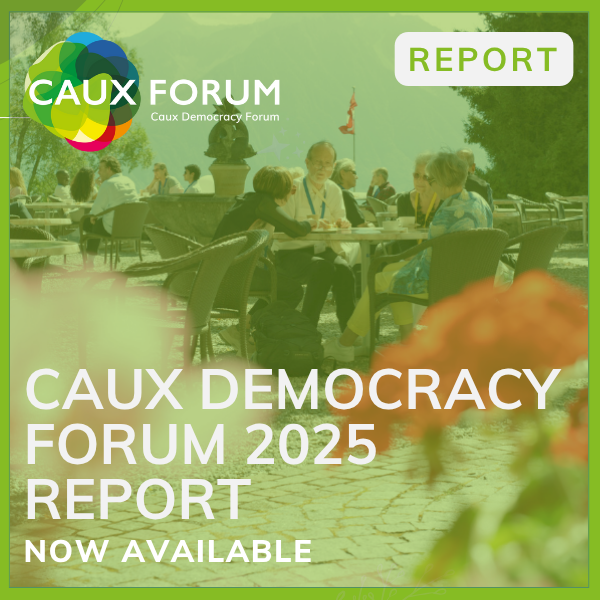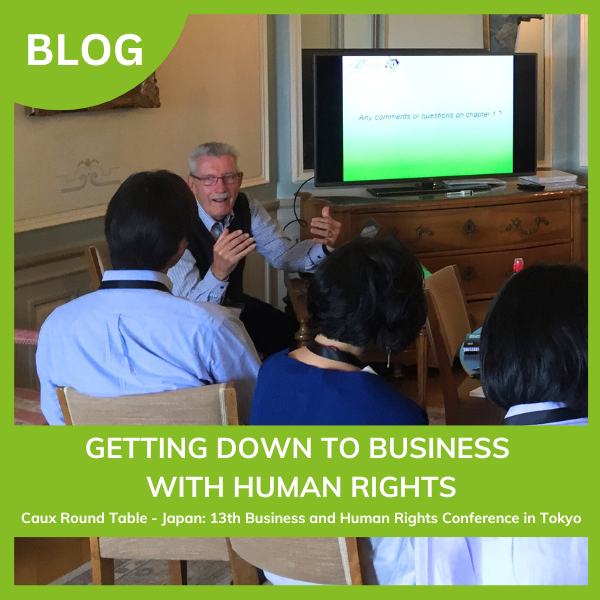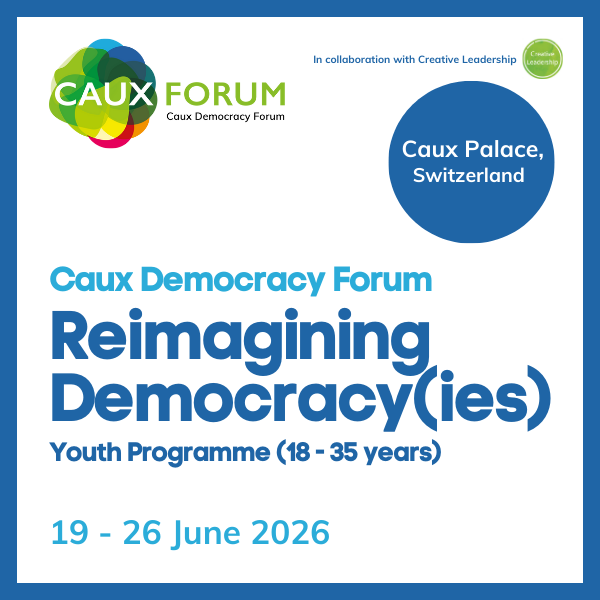Is digital privacy really a private matter?
By Annika Hartmann de Meuron
14/04/2019Despite the data privacy law known as GDPR (The EU General Data Protection Regulation) which empowers online users to protect their private information, I blindy click “I accept” roughly twenty times a day, just to get access to what I want and quickly. It’s not a sign of trust, but rather me resigning to the fact that I won’t have the time to read, let alone understand the terms of conditions.
I should know better but at the same time I wonder if it really matters since my private data is constantly being collected in so many other ways. The smart phone I have near me 24/7 shares my very personal story anyway: when I go to sleep, which doctor I’m seeing, with whom I eat lunch, if I’m in a good mood and so on.[2]
In addition, with the spread of the Internet of Things (IoT), inter-connected devices are increasingly deployed in public spaces: interconnected cameras, sensors, power grids, transports systems, you name it. In businesses we find interconnected offices, warehouses or factories, where every human move is captured and reported. We happily equip our homes with AI technology that controls room and water temperature, light and music, creates shopping lists based on the fridge’s content, organizes appointments, connects with our fitness bracelets or body implants.[3]
Yet there is a price to pay for such convenience. As we slowly but surely become 100% transparent to those who collect and analyze our data: corporations, public authorities and other structures, an unsafe feeling of being constantly watched is emerging.
Some say, that they don’t mind as they have nothing to hide. Indeed, they claim this endless data collection and connectivity enhances rather than diminishes their sense of safety.
Privacy is not, however, about hiding something bad about oneself. It’s a safe space where we can be ourselves. A space where we can express our intimate ideas, doubts, deviate from existing social norms, meet people we like, plan for change and develop actions. Societal changes such as respect for women’s right, acceptance of homosexuality, resistance to oppressive regimes and confidential peace talks all began in private safe spaces. The same is true of academia and business, innovation and experimentation. All of these areas needs a trusted space and a guarantee that no-one is being watched, censured or spied upon. Privacy is a human right, according to Article 8 of the European Convention on Human Rights.
Furthermore, constant surveillance encourages individual conformism and thus hampers economic and societal change and progress.
And what about the increased sense of safety? Of course, always being trackable at any moment of any day can offer a sense of security. For example after a severe car accident, connected cars can automatically call for the emergency services. Facial recognition cameras deployed in public spaces facilitate the identification of criminals, and predictive policing is said to prevent crimes from even taking place.[4]
However, the infrastructure that is put in place to build a connected-safety-net also makes us very vulnerable to cyberattacks. The media repeateldly reminds us of this with reports such as those about identity thefts affecting 16.7 million victims in 2017[5], black mailing of companies such as Uber in 2016[6], the hacking of power grids in Ukraine in 2017 and so on.
To enjoy a real sense of freedom, we should not have to choose between safety and privacy. They are both essential to create that private trusted space that we all need to thrive whether as individuals, businesses or the wider society. Privacy is in reality, therefore, not a private matter; it is a common good that needs to be protected even more so in the digital age.
We all have a role to play in protecting privacy, irrespective of our role.
The following actions could help build trust in new technologies:
- Increase access to knowledge about the key changes and impacts that the current technology transformation is bringing into our life
- Businesses and other technology developers offering its users maximum security, transparency and control over personal data
- Integration of a “disconnect” option in most technology so that we can ensure and control our private spaces
- Multi-stakeholder conversations (conferences, forums, news media) are needed to define a shared vision of which values should underpin the current technology revolution, to reflect on its consequences and risks, and to consider how to make sure that privacy always comes first
-----------------------
Annika Hartmann de Meuron is Managing Director Ethical Leadership in Business for Initiatives of Change (IofC) Switzerland. IofC Switzerland is aware of the unique historic opportunity to influence the development, use and impact of new technologies. We therefore hope to use the Ethical Leadership in Business Conference-Retreat from 27 June to 30 June 2019 on “Rethinking trust in the digital age” to inspire, equip and connect business leaders so that they can lead their organization in a human-centered way.In doing so, we hope they will contribute to building a trustworthy and sustainable digital future. Click here for more information.































